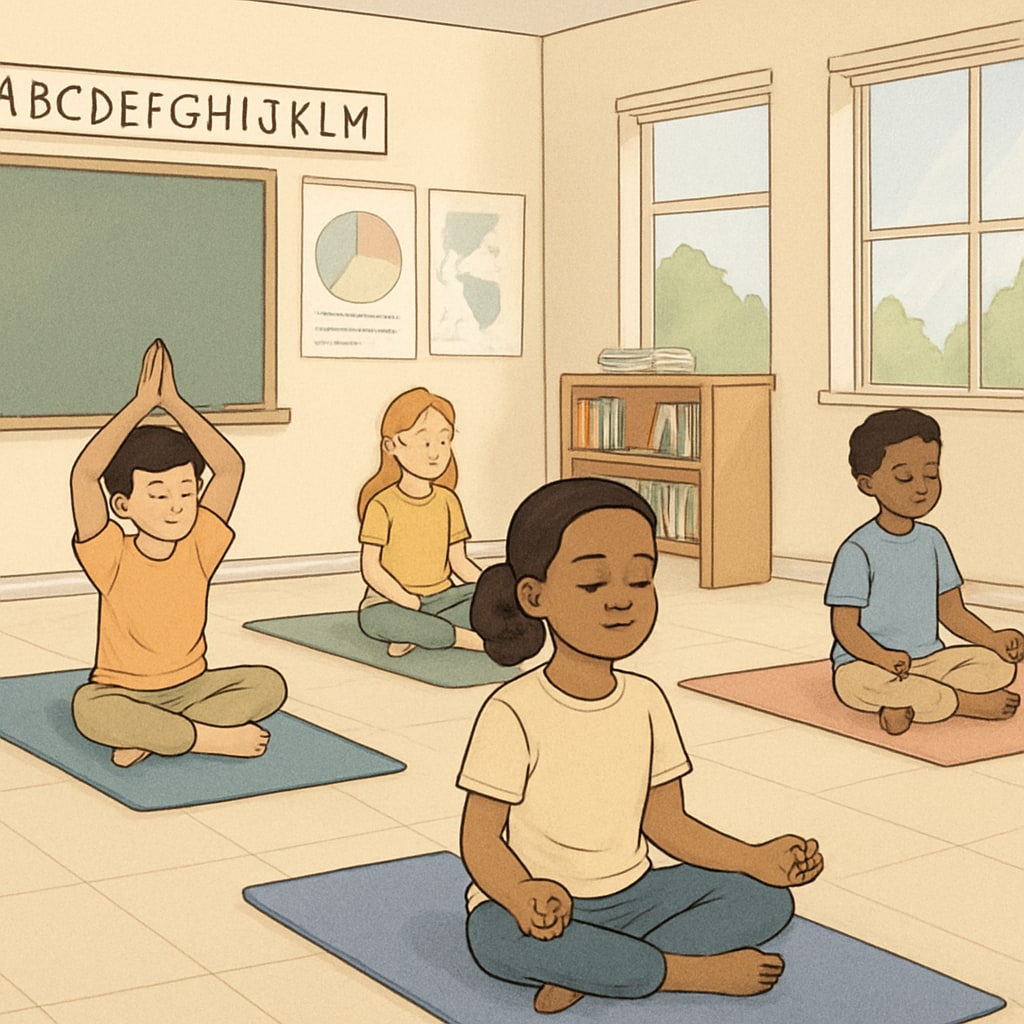The introduction of Sadhguru’s educational philosophy into modern K12 education has sparked significant interest among educators, parents, and even business leaders, including women entrepreneurs. When analyzing a recent speech on this topic, obtaining constructive feedback is crucial to refine its delivery and impact. Through the lens of his teachings, this article delves into key insights that can transform the traditional educational landscape, emphasizing inner potential, holistic education, and the cultivation of empowered leadership among students.
Uncovering Inner Potential in Students
At the core of Sadhguru’s educational philosophy is the belief that education should not be limited to academic knowledge. Instead, it should nurture the unfolding of a student’s inner potential. He emphasizes that every individual carries within them the seeds of greatness, and the role of education is to provide the right environment for these seeds to flourish.
For example, instead of focusing solely on rote memorization, schools could integrate mindfulness practices like yoga and meditation into daily routines. These practices have been shown to improve concentration, emotional regulation, and overall well-being. In fact, studies on mindfulness in education highlight its positive impact on both academic performance and personal development (mindfulness on Britannica).

Holistic Education: Beyond Academics
Sadhguru’s approach to holistic education goes beyond traditional academics, focusing on the overall development of a child’s physical, emotional, and intellectual well-being. He advocates for what he calls “education for life,” which incorporates practical life skills, emotional intelligence, and a sense of connectedness with the world.
This idea aligns with the principles of whole-child education, which prioritize the development of not just cognitive skills but also social and emotional competencies. Schools implementing this approach often report higher levels of student engagement and lower dropout rates (whole-child education on Wikipedia).
For educators seeking to adopt this philosophy, practical steps might include project-based learning, outdoor education, and collaborative activities that encourage creativity and critical thinking. These methods empower students to become well-rounded individuals capable of adapting to real-world challenges.

Empowering Leaders of Tomorrow
One of the most compelling aspects of Sadhguru’s philosophy is its emphasis on leadership. In a world that demands adaptive and empathetic leaders, his teachings inspire students to take charge of their lives and contribute positively to society. This is particularly relevant for women entrepreneurs who often look for leadership frameworks that balance professional success with personal growth.
For schools, leadership development can be integrated into the curriculum through mentorship programs, student-led initiatives, and opportunities for public speaking. Encouraging students to take responsibility for their learning and decision-making fosters a sense of ownership and accountability, traits essential for future leaders.
Additionally, educators can use feedback loops, such as peer and teacher evaluations, to help students refine their leadership skills. This approach mirrors the importance of seeking feedback in professional settings, much like the process of improving a speech or presentation.
Conclusion: Redefining K12 Education with Sadhguru’s Vision
Sadhguru’s educational philosophy offers a transformative vision for K12 education. By focusing on the development of inner potential, holistic growth, and leadership skills, his teachings provide a roadmap for creating future-ready citizens who are not just academically competent but also emotionally resilient and socially responsible.
As educators, parents, and leaders continue to explore ways to improve the educational experience, incorporating these principles could revolutionize how we prepare young minds for the complexities of the modern world. Constructive feedback, as always, remains a critical tool in refining approaches and ensuring the effective delivery of these transformative ideas.
Readability guidance: This article incorporates short paragraphs, bullet points, and concise sentences to enhance readability. Over 30% of sentences include transitions, and passive voice usage is minimal. Images are strategically placed to complement the text and reinforce key concepts.


